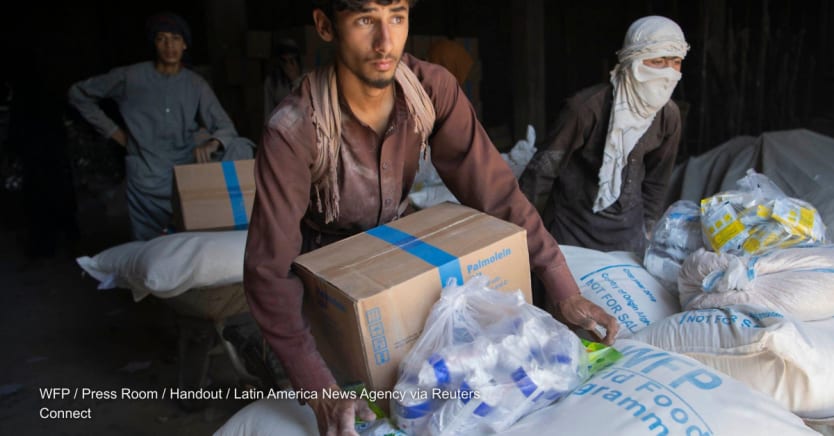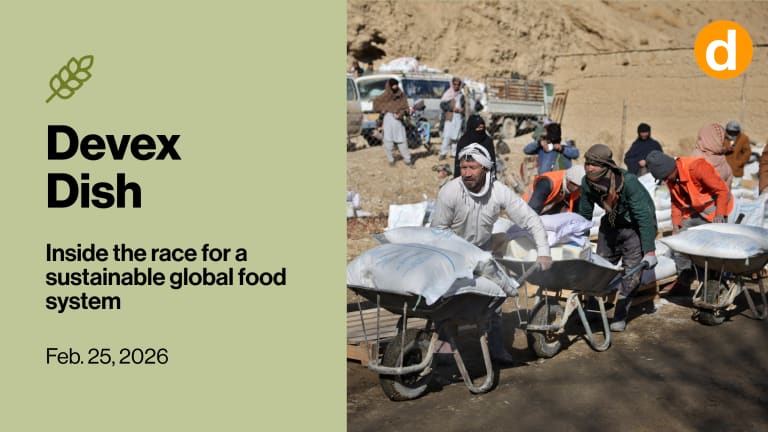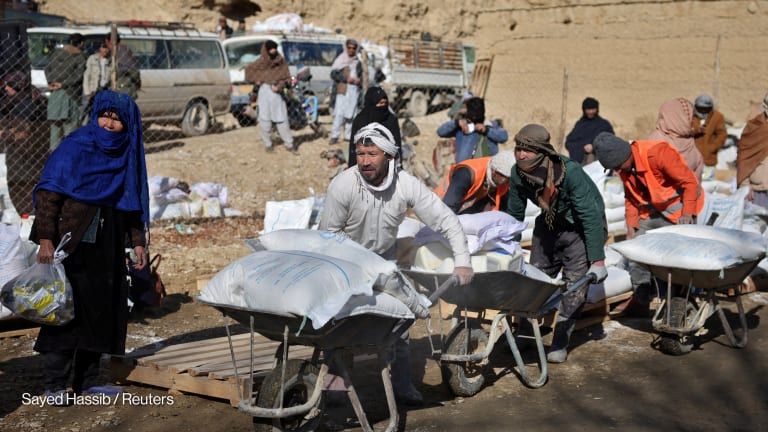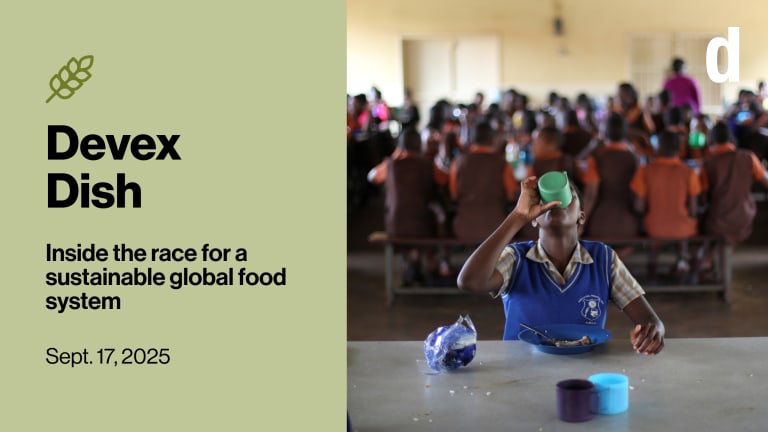
Donors have agreed to release $280 million for United Nations agencies in Afghanistan, freeing up vital funds as the country teeters into a hunger and health crisis that the U.N. and aid groups warn threatens to kill up to 1 million children.
On Friday, the 31 donor nations to the Afghanistan Reconstruction Trust Fund — used since 2002 to coordinate aid — agreed to the move, following extensive deliberations. The resources were frozen as the Taliban took over the country in August and the U.S. and its allies withdrew, leaving aid groups in the lurch.
The money will be disbursed before the end of this month. UNICEF is receiving $100 million, mostly for health, while the World Food Programme is getting $180 million to focus on worsening food insecurity.
Why it matters: Afghanistan has long relied on international donations, but donors froze the billions of dollars in annual aid after the government collapsed. Afghan funds abroad, such as the central bank’s deposits, were also quarantined — including by the U.S. — as part of an effort to prevent money from going to the Taliban.
“The World Bank will continue to work with ARTF donors to unlock additional ARTF funds to support the Afghan people,” according to a statement from the bank, signaling that more money could be forthcoming. The bank manages the fund.
The numbers: Data on hunger has become one of the most poignant signs of Afghanistan’s rapid collapse. Some 23 million Afghans — more than half the population — require urgent food assistance, according to WFP. The U.N. agency commented that this is “a figure never seen before.”
The World Bank said the money would enable UNICEF to provide 12.5 million people with essential health services and to vaccinate 1 million people, while WFP will be able to reach 2.7 million people with food assistance.
Search for articles
Most Read
- 1
- 2
- 3
- 4
- 5








